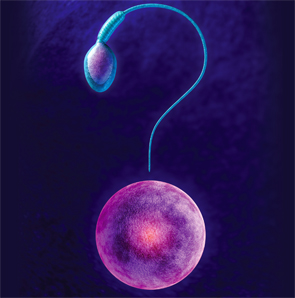
Image Credit: Lightspring/shutterstock.com
The problem that dogs the work of all of those treating patients with antiphospholipid syndrome (APS) is the apparent lack of knowledge of the syndrome, both by the general public, as well as by swaths of the medical fraternity.
Perhaps it was ever thus—a syndrome less than 40 years old could be described as new, but a syndrome that is common, touches all branches of medicine and, above all, that is potentially treatable, surely deserves wider recognition.
Some of the difficulties derive from the complex clinical nature of APS: the half diagnoses, such as the migraine patient’s diagnostic pathway, which stops at “migraine”; the “atypical angina” in a 40-year-old woman that goes no further than “atypical angina”; the second or third miscarriage that is accepted as one of nature’s misfortunes; or, especially, the memory loss in that same 40 year old who goes undiagnosed. And most troublesome, the common failure to appreciate the limitations of antiphospholipid (aPL) testing and the vital, pivotal concept of seronegative APS.
The story of APS has, for me, been an incredible journey, from the early days in the late 1970s and early 1980s, followed by the original series of publications describing the clinical features and antibody studies resulting in our description of the anti-cardiolipin syndrome and later, to the (still technically not totally correct) anti-phospholipid syndrome.1-8 In the Third International Antiphospholipid Conference in 1994 in Leuven, Belgium, my colleagues honored me by naming the syndrome, Hughes syndrome.
Thirty years on, there is still great satisfaction in diagnosing and treating APS patients with such discordant-seeming features as cataplexy and stillbirth, avascular hip necrosis and vertigo, or abdominal angina and multiple fractures—to give examples from recent clinics.
Why the Brain?
For me, APS/Hughes syndrome is very much a neurological condition. Brain function does seem to be especially targeted—the more APS patients one sees, the wider and wider the neuropsychiatric ripples spread.
There have, of course, been many promising lines of research into the pathogenesis of cerebral APS, and many mechanisms have been proposed, ranging from platelet activation, induction of tissue factor, disruption of the annexin A5 anticoagulant shield, endothelial activation and, of course, alteration of the permeability of the blood–brain barrier and direct binding to neuronal cell surfaces, some harking back to earlier forays by Bluestein, Denburg and ourselves into possible cross-reactivity between anti-lymphocyte antibodies and brain.9-13
Interactions between brain and clotting process have a long history, including the observation that the coagulation mechanism within the central nervous system has a number of differences from that found in other organs—the brain’s endothelium expressing little thrombomodulin, for example.